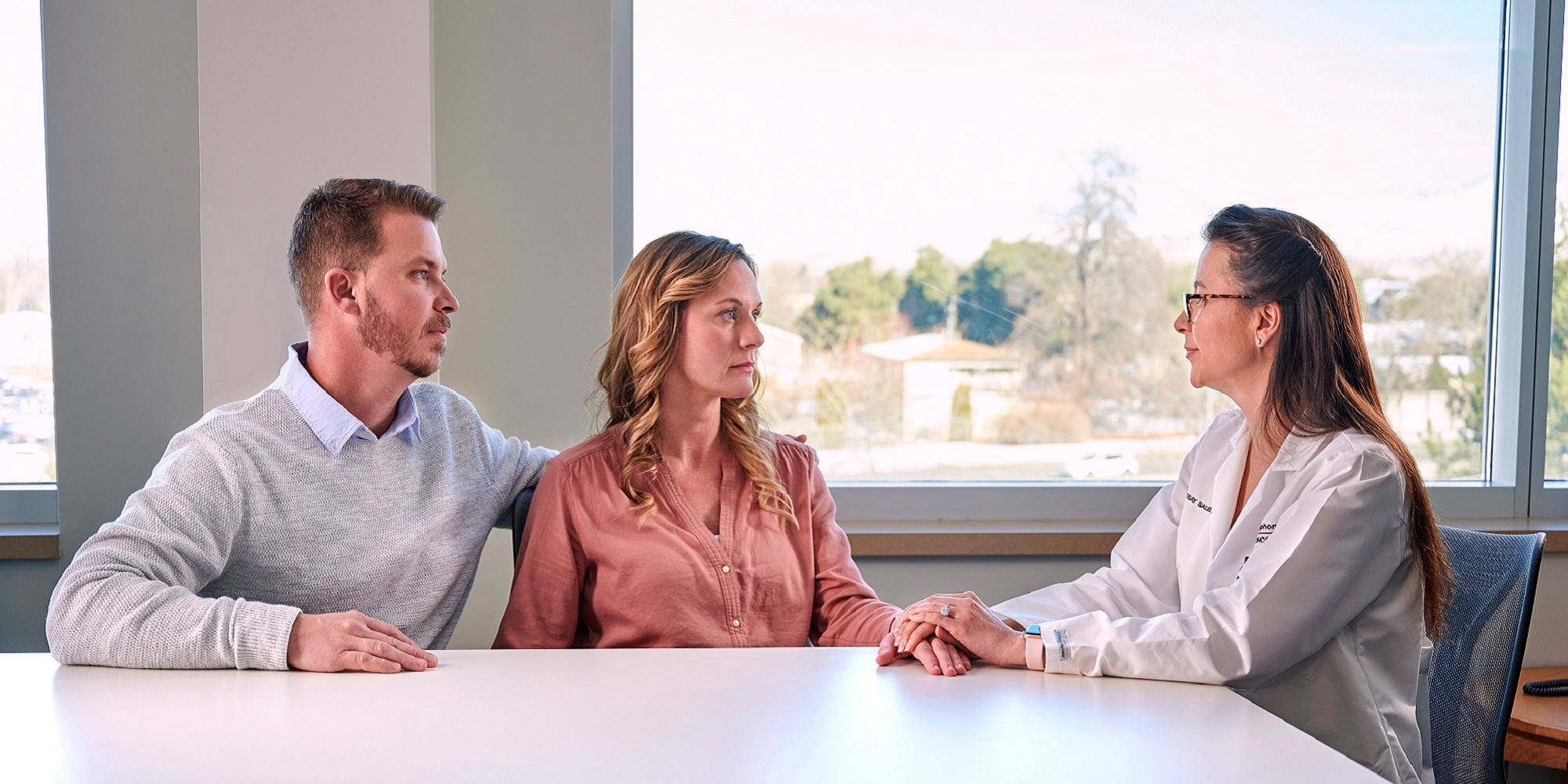Treatment of Cancer
There are many types of cancer treatment. The types of treatment that you receive will depend on the type of cancer you have and how advanced it is. Some people with cancer will have only one treatment. But most people have a combination of treatments, such as surgery with chemotherapy and radiation therapy.
When you need cancer treatment, you have a lot to learn and think about. It is normal to feel overwhelmed and confused. But, talking with your doctor and learning about the types of treatment you may have can help you feel more in control.
Meet our team of dedicated and compassionate cancer doctors.
Frequently Asked Questions
Saint Alphonsus has 5 Cancer Institutes throughout Idaho and Eastern Oregon, where our patients can receive treatment. This allows our patients more convenient access, which enables them to devote more time and energy to healing and recovery.
Chemotherapy treatment varies in length and frequency and depends on the individual treatment plan prescribed by your doctor. Some last if three or four hours, while others may only take a half-hour. Your doctor can provide an estimate of the time involved during your first consultation.
Saint Alphonsus has a team of experts to help you at every stage of cancer. Ideally, finding cancer at the earliest stage offers the best success rates, but treatments for advanced cancer have significantly improved over the years. New treatments, including immunotherapy and targeted therapies, are available to some patients, and the means of delivering other treatments, such as chemotherapy, radiation and cancer surgery, have improved as well. Supportive care therapies may help patients manage side effects and improve their quality of life during and after treatment.
It is important to know each person's case is different. There are many factors that can affect when treatment should, or does, start. Questions about when your treatment should start need to be answered by your cancer care team, because they know your situation best.
A clinical trial is a research study that tests treatments on people. Sometimes these are new treatments that are being studied for the first time. Sometimes a clinical trial uses a treatment that's already approved for a certain type of cancer and tests it on a different type of cancer. Some clinical trials might test a new combination of treatments. Talk to your oncologist to find out if a clinical trial is available for your type and stage of cancer.
- What type of cancer do I have?
- What is my exact diagnosis?
- Where is the cancer located? Has it spread?
- What is my prognosis?
- What does the stage of my cancer mean for my cancer treatment and prognosis?
- What are my treatment options?
- Which treatment do you recommend and why?
- What side effects does this treatment have?
- How often will I have treatments? How long will they last?
- How should I prepare for treatment?
- What are clinical trials? Are clinical trials an option for me?
- What support services are available for my family and me?
- I am worried about paying for my treatment. Who can help me?

Saint Alphonsus is proud to be an accredited cancer institute by the Commission on Cancer. The Saint Alphonsus Cancer Institute has demonstrated an uncompromising commitment to improving survival and quality of life for patients by providing the highest-quality, patient-centered cancer care.

